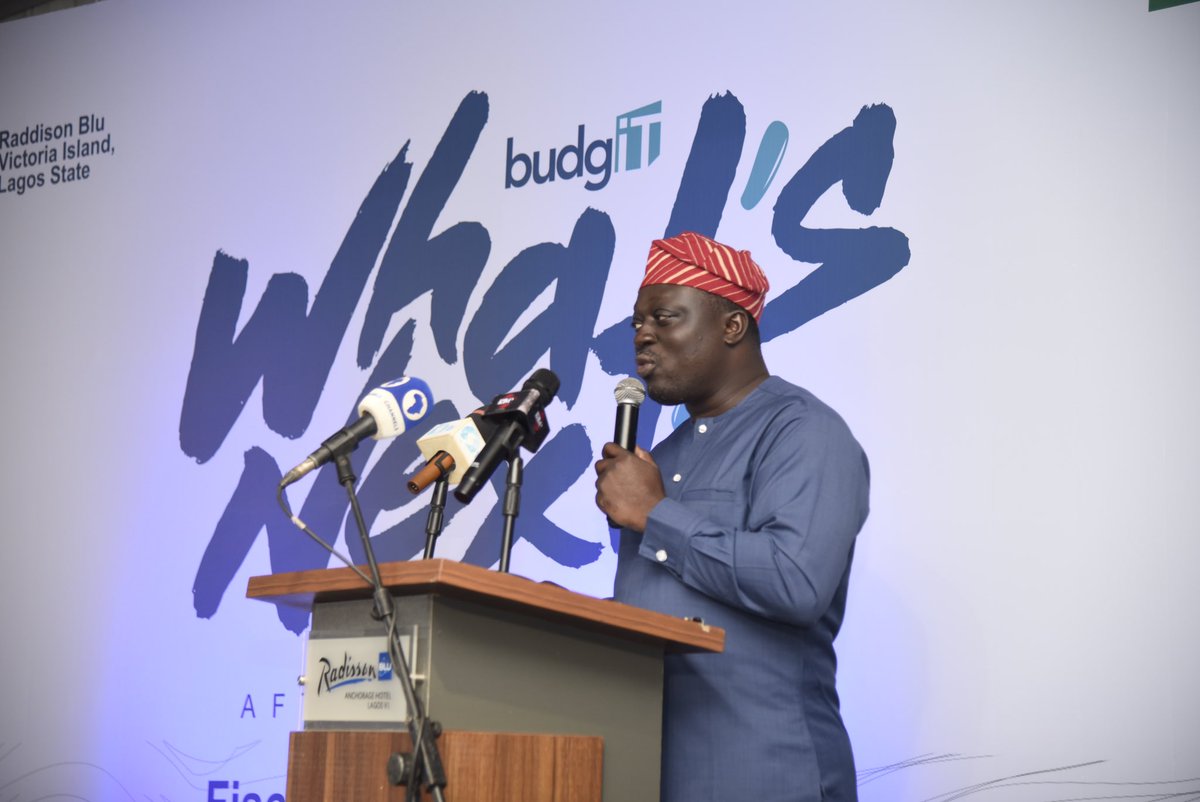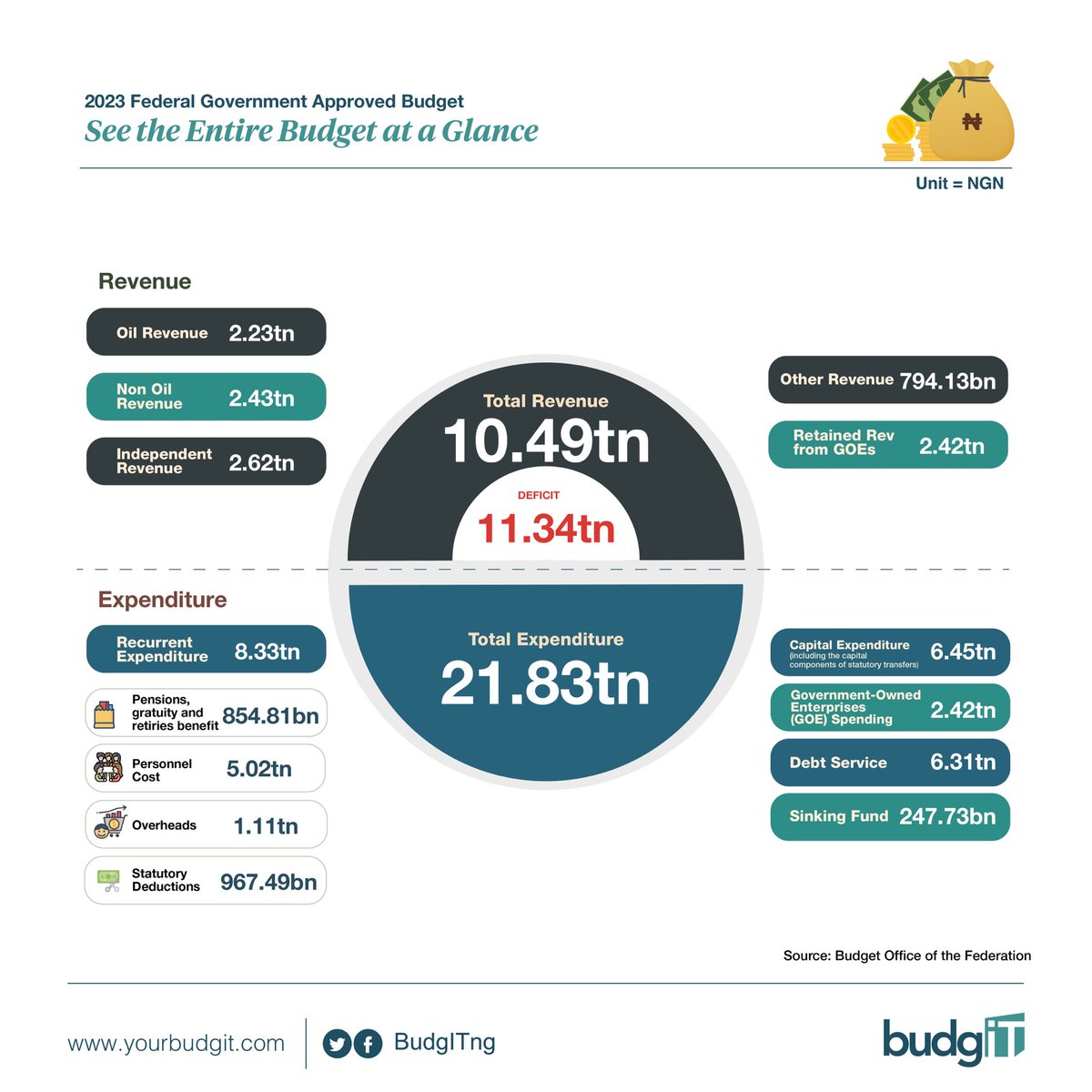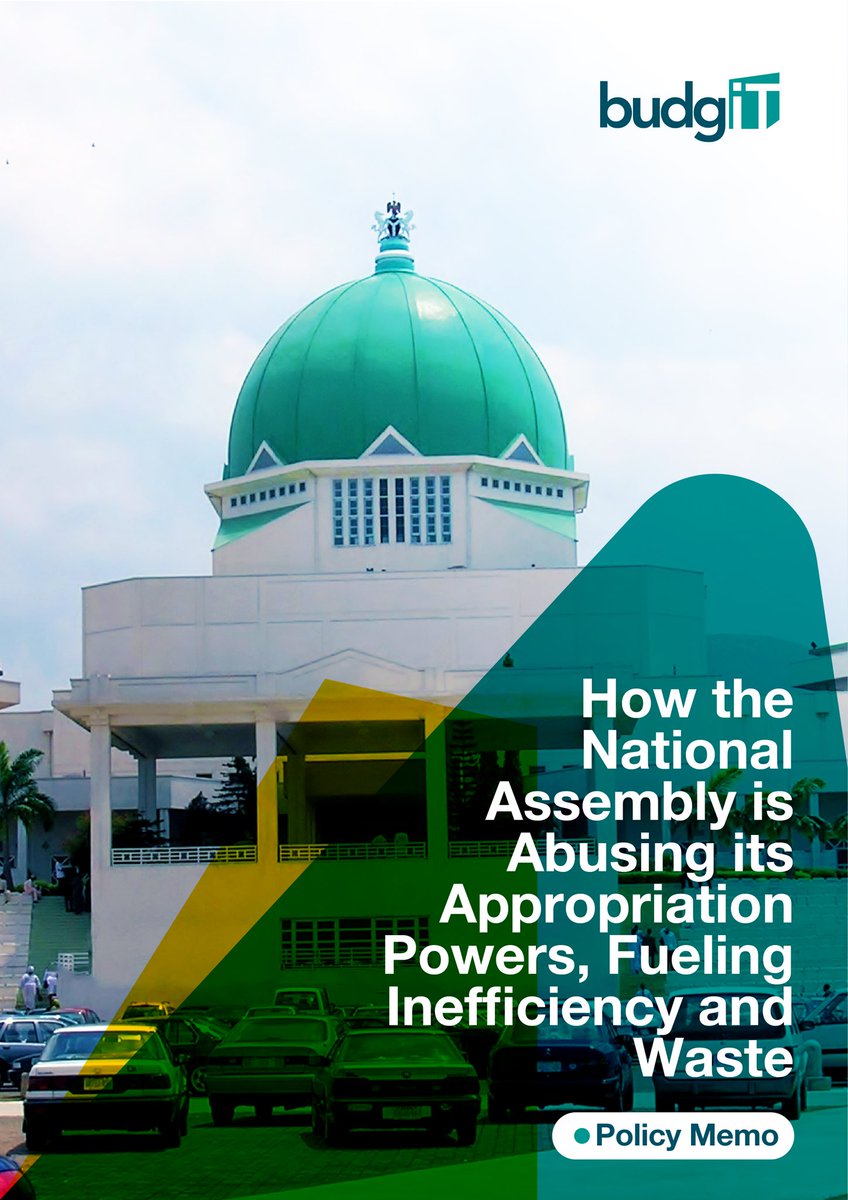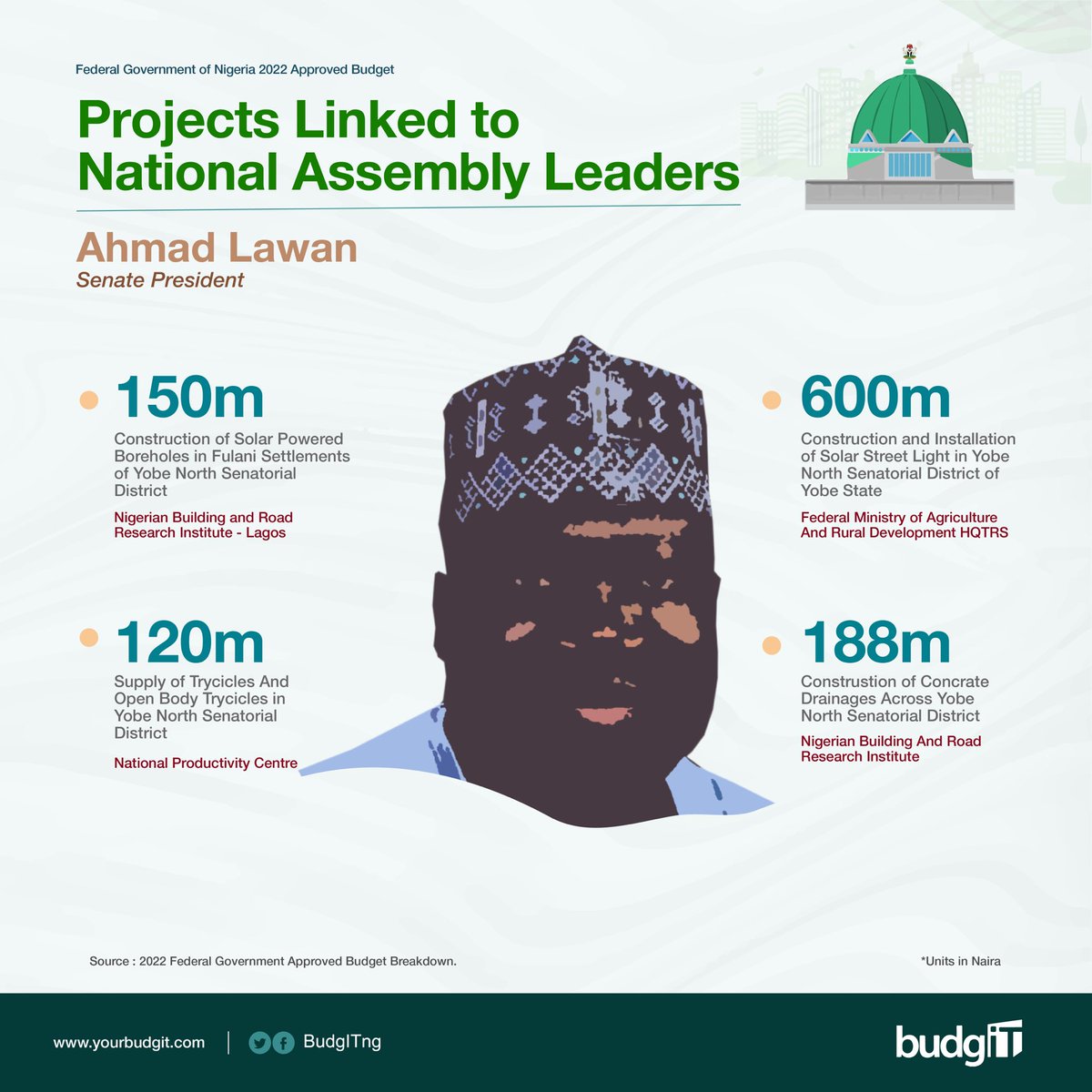The Fiscal Options & Post-election Governance series was an interesting exploration of Nigeria's economic opportunities in the current post-election environment. From insightful discussions to eye-opening presentations; here are a few takeaways!
#WhatsNextNigeria

#WhatsNextNigeria


Informal tax collection is one of the major challenges. - @taiwoyedele 





Top priorities for the new administration MSMEs expansion - @Nike_Adeyemi 





Access to digital infrastructure is crucial. - @oreoluwa 



• • •
Missing some Tweet in this thread? You can try to
force a refresh

 Read on Twitter
Read on Twitter































